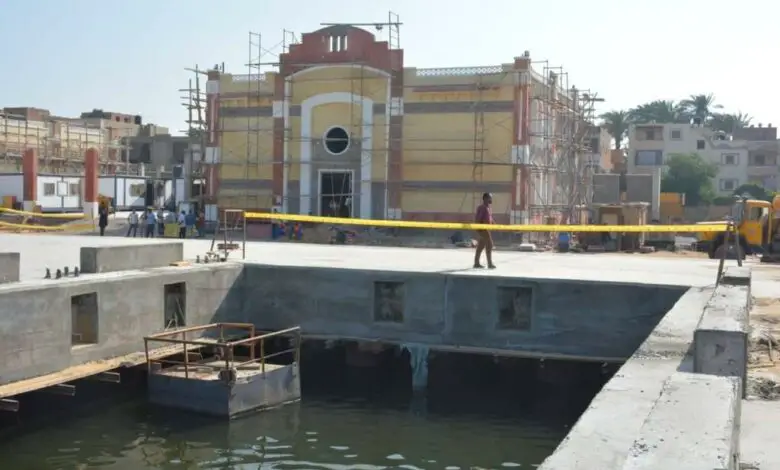Egypt has begun building on the fishing port in Rosette, which will soon be the nation’s first integrated fishing port. Only 20% of Egypt’s annual fish production, which is projected to be worth over $1.7 million tonnes based on USDA data, comes from fishing.
North Africa Post, however, suggests that industrial pollution and climate change are having a negative impact on Egypt’s fishing economy. Therefore, the nation has turned to fish farming as a result of the difficulties.
According to Ahmed Nasr-Allah, Egypt’s director of WorldFish, a global nonprofit research organization, fish farming generates more protein and income per acre than crop farming while using less water and emitting fewer greenhouse gases per kilogram of product.
Also Read: Establishing Egypt’s First International Medical City
Overview of the integrated fishing port project
The 4.8 hectare property, which is worth US$19.4 million, will have two quays, one for maintenance and one with a capacity of 60 fishing boats per hour. The quay will include a tugboat with a capacity of more than 2,000 tons.
Three factories are also being built as part of the integrated fishing port project. The first one will be used to create ice cubes. The second one to create fishing nets, and the third one will be used to prepare and cool fish. This will be a supplement to the maintenance workshops for fishing boats and the equipment storage facilities.
According to data from the Middle East Institute, the majority of Egypt’s fish farms are situated in the northern boundary of the Nile River Delta, clustered around the four nearby lakes Manzala, Edko, Borul, and Mariut.
The northeast’s Lake Manzala is the largest and, until recently, the most productive. Nonetheless, 98% of its water comes from seriously polluted drainage canals. The average amount of fish produced by fish farmers in some regions has fallen dramatically over the past few decades. In part because their fish die before being fully grown.

